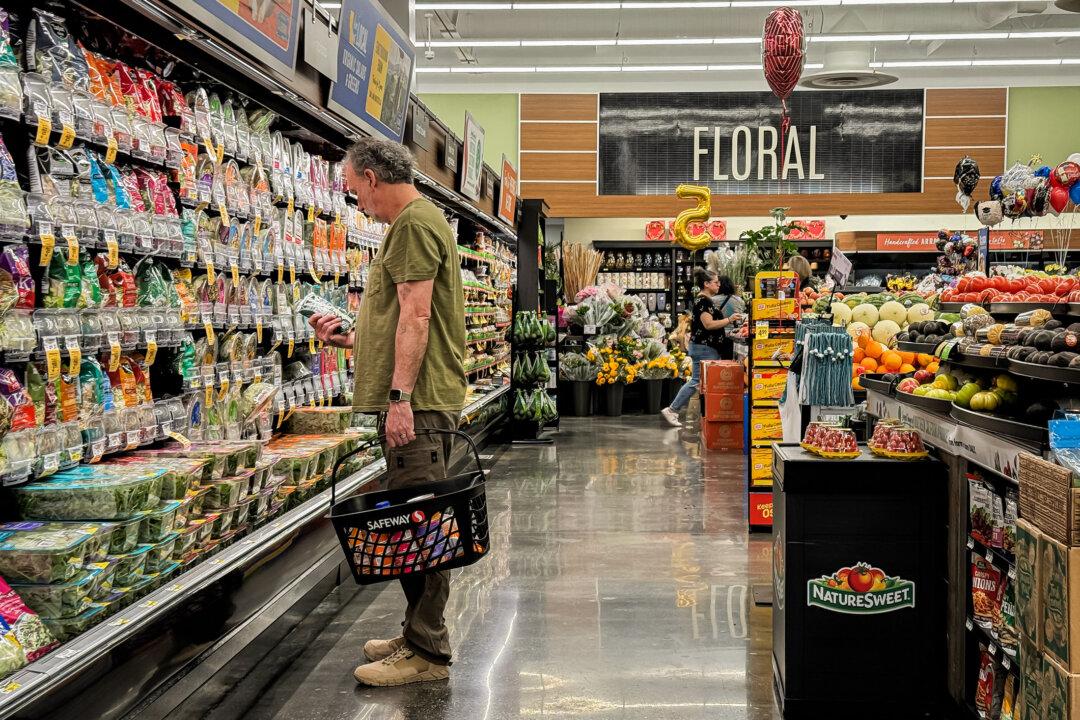Food products sold in California will no longer have a “sell by” stamp after July 1, 2026, after Gov. Gavin Newsom approved a law governing food labeling.
When it goes into effect, Assembly Bill 660 will require the use of two standard terms for food products that choose to use a date label—“best if used by” to indicate the quality date of food, or “use by” to indicate the safety of food.





